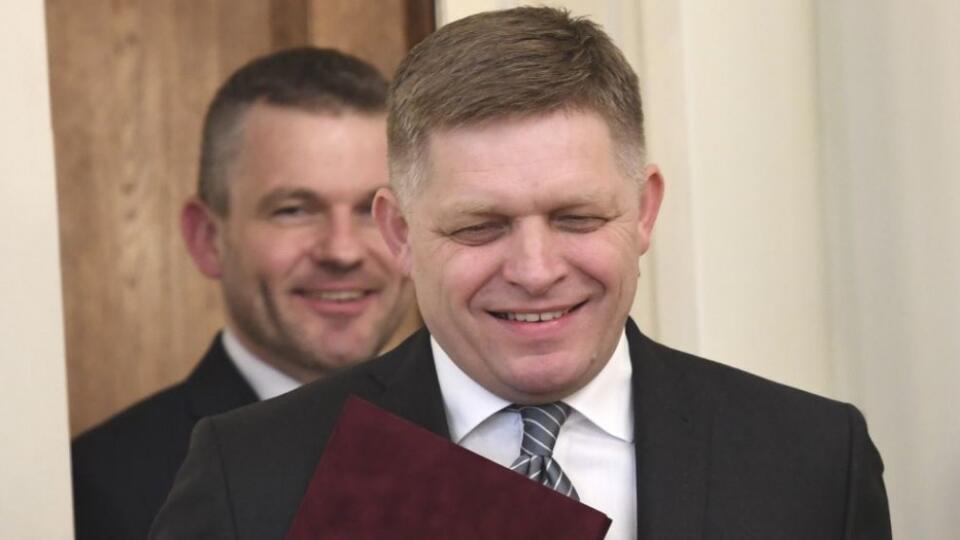Minister of Labour, Social Affairs, and Family, Milan Krajniak, has introduced an amendment to the Pension Savings Act, which would cancel the controversial index fund performance fee paid to the pension management companies. The system is currently set up so that when it comes to index funds, it is these fees that the companies earn the most from.
The Ministry argues that the companies, put simply, don’t deserve the money and are considering cancelling the account administration fee too. When the amendment is implemented, the companies could be losing tens of millions of euros every year.
The companies are not the only ones experiencing losses – pensioners are seeing their pensions devalued by the rising inflation. The average old-age pension in Slovakia was 513 euros this March, making it higher than last year by 13.5 euros. However, the cost of living of pensioner households has made a year-on-year jump of 11.2%. And there’s no foreseeable end to the sharp rise in prices, which is threatening to push a part of Slovak pensioners into poverty.
Summer season puts pressure on hotels housing Ukrainian refugees
When Russia invaded Ukraine, Slovakia took in refugees fleeing the war into people’s homes as well as private accommodations. Now, the tourist summer season is kicking off, and hoteliers are becoming increasingly worried about their profits.
Despite getting money from the state, the sum cannot be compared to the profits of a successful season. On top of that, the accommodation providers have to deal with the aftermath of the pandemic, rising energy costs, and steep interest rates on their loans.
In May last year, many tourist accommodations were sold out for the holiday months. This year, they still have about half of their capacity free. They are also noticing a shortening of stays, which could be a result of the rising cost of living and an effort to save money.
Roman Mikulec, Minister of the Interior, said the integration commission for Ukrainian refugees is dealing with the shortage of long-term accommodation.
This week, the Ukrainian president Volodymyr Zelenskyy gave a video-speech in the Slovak Parliament, thanking the country for the solidarity and help it is extending to Ukraine. He also invited the Slovak president Zuzana Čaputová to visit Ukraine. She said she wants to come with a specific purpose or a goal, not just for war tourism.
Slovak tourism: Minister of Economy Richard Sulík said the plan to shoot three episodes of the German reality show The Geissens, following the life of a German millionaire family, should be a great advertisement for Slovakia and its tourist industry.
New polling shows that most Slovaks are planning to stay in the country for the holidays; only a fourth wants to go abroad.
Some green stories of the week
- The Prešov firm Seak is known all over Europe for its energy-saving streetlamp technology. Now, they want to use streetlamps to charge electric cars. Instead of charging a car at the nearest shopping centre or at home in a garage, streetlamps would provide charging stations virtually anywhere in the city.
- When it comes to passenger transport, hydrogen has little chance of becoming the dominant source of energy. However, it has a huge potential to replace gas in chemical plants, refineries, and steel mills. Minister of Economy Richard Sulík is hydrogen’s biggest proponent on the political scene and sees it as a part of a greener future for the country.
- Earth shelters are becoming more and more popular amongst Slovaks. Built into a hill or having soil piled against their walls, they are cosy, considerate of nature, and their roofs can be used to grow various crops. This type of building is considered energy-passive – the soil acts as a thermal mass, maintaining a steady temperature and humidity levels inside.
Thank you for reading.
See you next week.






